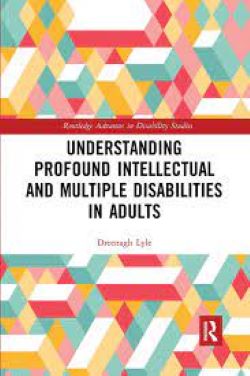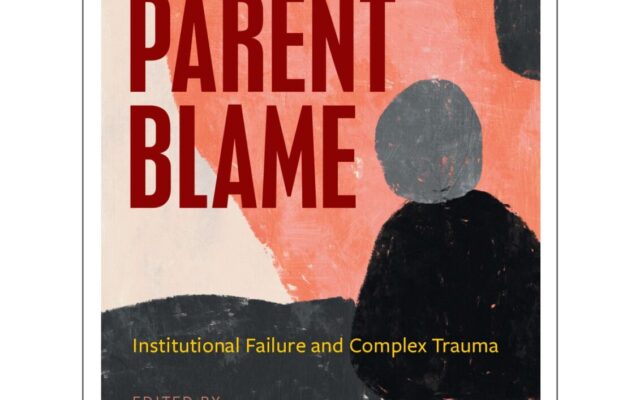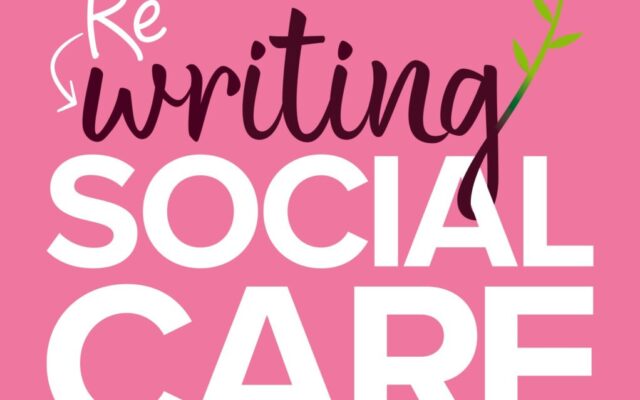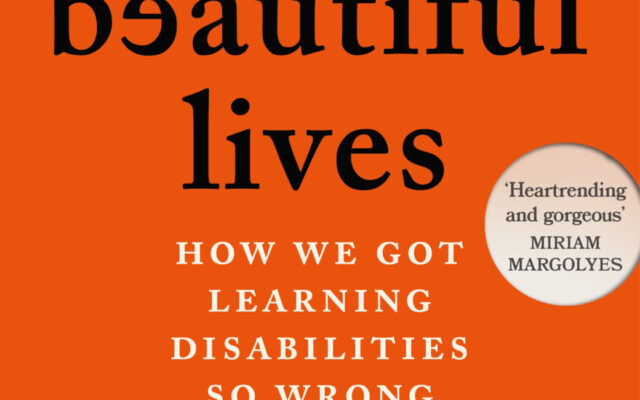Dreenagh Lyle’s strong critique of the marginalization of people with profound learning disabilities is a wake-up call, says Simon Jarrett

Understanding profound intellectual and multiple disabilities in adults
Author:
Dreenagh Lyle
Publisher:
Routledge, Abingdon, 2019
Price:
Hardback: £115
e-book from £21
ISBN:
——-
Dreenagh Lyle’s book launches a strong critique of what she sees as the marginalisation of people with profound intellectual and multiple disabilities (PIMD) in learning disability policy and practice. She criticises the Valuing People strategy which, in its drive to ensure its central principles of inclusion, choice and independence, she believes ignored the lifelong specialist care and medical needs of people with the most profound disabilities. To fit the PIMD group inside an all embracing policy, we have constructed a fantasy ‘as if’ world in which non-verbal, often sensory-impaired people with very high levels of developmental deficit are seen as just as capable of expressing an opinion, getting a job, joining communities and achieving independence as people with mild impairments at the other end of the spectrum. In attempting to be inclusive, this approach becomes exclusionary in denying PIMD people their own unique personhood, and denies them the specialist support they need to become included people.
The book makes uncomfortable reading for supporters of the social model of disability, and for advocates of an all-embracing inclusion model. Valuing People was inspirational, Lyle agrees, but only for those who could fit its model of what a person with a learning disability should be like. Her argument represents an important and convincing challenge to widely-held orthodox opinion about social inclusion.
The opening chapters dissect the trajectory of learning disability theory and policy from normalization to personalisation, leading to what she calls the illusions of Valuing People. Lyle then uses her experiences as mother of Odyssey, who has PIMD, to outline an approach which places the person at the centre, achieves real communication and offers respect and understanding, without ignoring what she calls the ‘brute facts of genetics.’ The book ends with an outline of Jim Mansell’s 2010 ‘Raising the sights’ report which sought to recognize the flaws in policy towards PIMD people, and the recent ‘Raising the Bar’ campaign (see page 22 of this issue) which seeks to move the support of people with PIMD towards genuine inclusion beyond the too-easy assumptions of Valuing People.
This book deserves to be widely read (although its price suggests this will be more in organisations and libraries than at home) and used as tool for change in support for this group.




